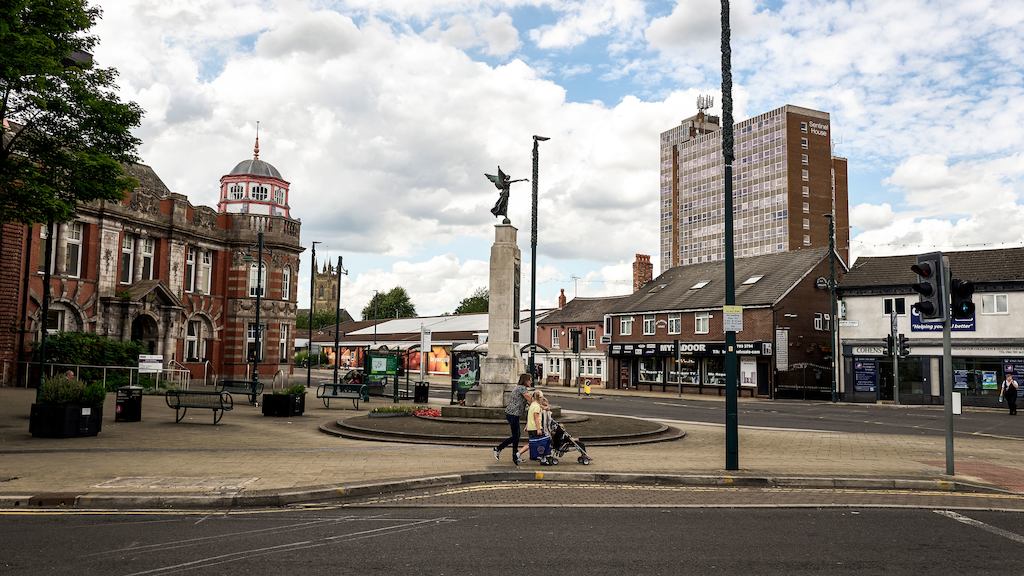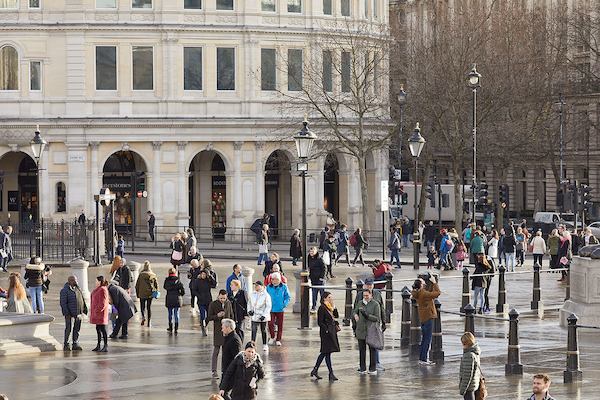There’s a stereotype that when we get older, we want to move out of the city to the suburbs or more rural areas. But more and more people are staying in city centres in later life, wanting the convenience of local shops and services, as well as the vibrant communities that urban areas offer. As demand for suitable and accessible housing continues to rise across the UK, many local authorities in urban areas are engaged in ambitious new housing regeneration projects. These projects should offer mixed, affordable and age-appropriate housing and amenities. But do they go far enough in considering the different needs of all age groups?
Researchers at Newcastle University and the University of Manchester, funded by the Centre for Ageing Better and Age Friendly Manchester (Manchester City Council), found that urban regeneration is often only advantageous to younger, more affluent residents. For example, less than half of local housebuilding plans in England included provision for accessible homes to allow independent living for people with disabilities.
It’s a concerning prospect, especially given that the number of older people living in privately rented accommodation is predicted to surge in the next twenty years – much of which is likely to be unsuitable for their needs.
Given the shifting age demographics reshaping society, ageing needs to be central to debates about urban development and how we design our towns, cities and communities. Based on their work, the researchers recommend that:


